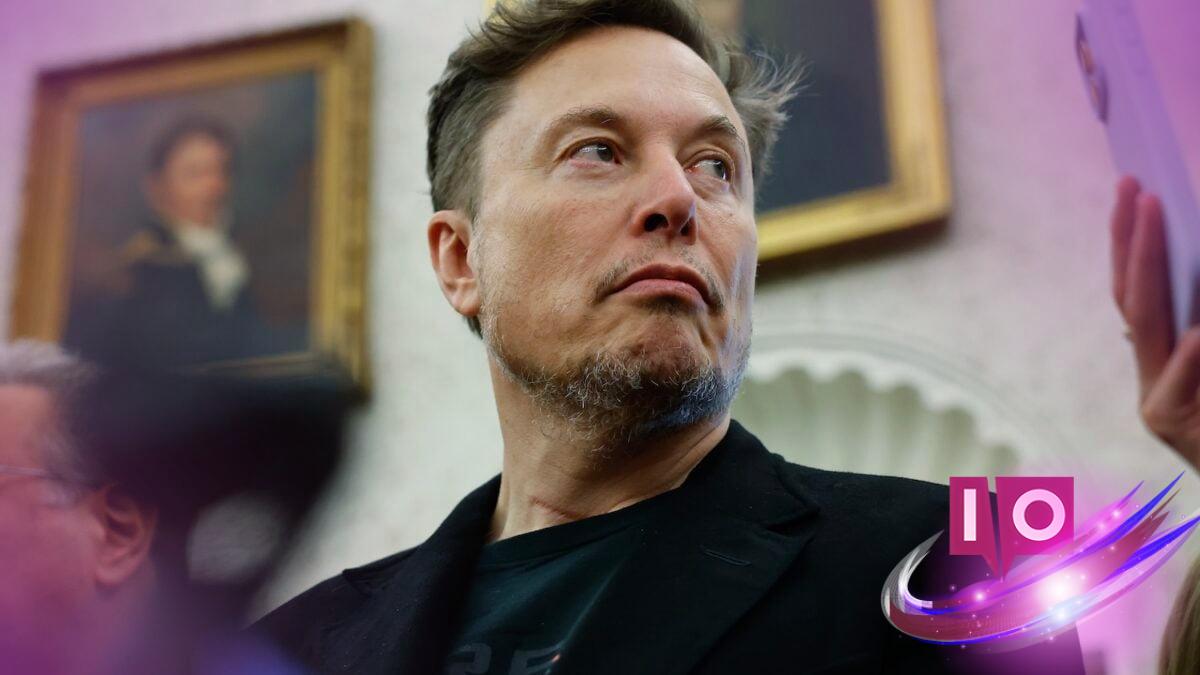On April 1, a viral post on X, featuring the name of Afghan scholar Mohammad Halimi, put his life at risk. This was not an April Fools’ joke but a damaging accusation from none other than Elon Musk. The post labeled Halimi, who had a history as a Taliban member but pivoted to supporting the U.S., as a “former Taliban member” receiving funds from the United States Institute of Peace (USIP) to support Taliban efforts. Halimi’s immediate panic? Thousands read the post, calling him a terrorist, while his family in Afghanistan faced mortal danger.
ProPublica, an award-winning investigative newsroom, released this alarming story, detailing the severe consequences following such reckless social media behavior by influential figures. It raises important questions about accountability and how misinformation can endanger lives.
The Fallout of Misinformation
Once the news circulated online, Halimi became a target. Despite his work aimed at supporting women and civilians in Afghanistan, the Taliban now saw him as a traitor, jeopardizing his family’s safety in Kabul.
- **Accusation**: Claims that Halimi was funded by U.S. resources to aid the Taliban.
- **Consequences**: Halimi’s family faced severe repercussions at the hands of the Taliban, including detainment and torture.
- **Response**: Halimi is fighting to clear his name and understand the basis of such dangerous claims.
The Reality of Halimi’s Work
Halimi’s contract with USIP totaled approximately $132,000 (€123,74), focusing on gathering crucial insights into the living conditions of Afghan women under Taliban rule. His prior connection to the Taliban did not shield him from becoming a victim of misconstrued narratives.
The Misunderstanding at DOGE
Elon Musk’s newly formed DOGE team, in an attempt to consolidate control over USIP, stumbled upon Halimi’s contract. Instead of investigating truthfully, they harnessed the situation to argue that U.S. foreign aid was corrupt, using misleading information about Halimi to paint a broader narrative of wastefulness.
Real-World Impact of Social Media Clout
What happens when influential figures share unverified information? For Halimi, it was disastrous. The Taliban targeted his family, with several members detained and tortured. Elon Musk’s tweet led to chains of events that endangered the lives of those who had helped America.
What Can Be Done to Prevent Future Crisis?
So, how can we better address misinformation and its real-life consequences? There should be strict verification processes before sharing sensitive information. Influencers need to be aware of the power they hold, especially when lives are on the line.
What should people do when public figures spread dangerous misinformation? It’s crucial for witnesses and those affected to reach out to journalists or organizations that can expose the truth and advocate for those targeted by false narratives.
Is there any way to support individuals like Halimi? Initiatives aimed at assisting war refugees and those who have been victims of misinformation should be strengthened to secure safety for people facing threats.
As for Halimi, despite surviving numerous threats and narrowly escaping Taliban control, he continues to fight for recognition and justice. Following this incident, he hopes for accountability from influential figures like Musk.
Halimi’s story is a reminder to remain vigilant about the impact of our words and the information we share, especially on powerful platforms.
Are you curious about the circumstances leading to U.S. military involvement in international conflicts? Discover related stories to understand the complexities surrounding foreign aid policy and its human impact.
For more insightful perspectives, continue exploring related content on Moyens I/O.
